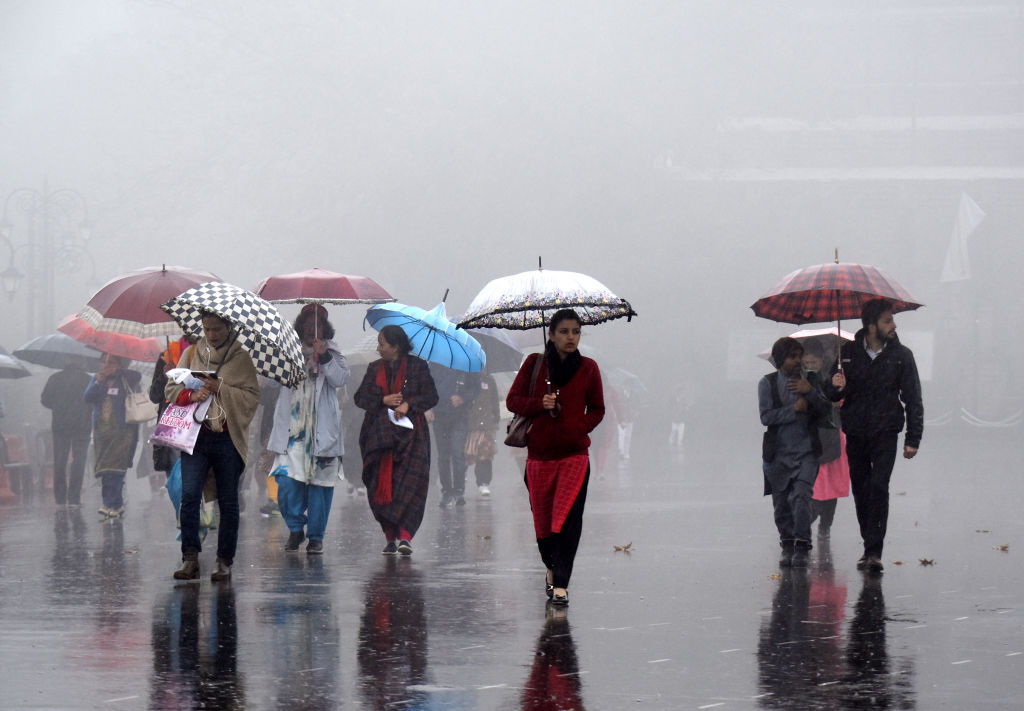The Indian Meteorological Department (IMD) has issued a forecast predicting light to moderate rainfall across several districts in Himachal Pradesh over the next few hours.
According to the IMD, the districts of Bilaspur, Una, Harimpur, Solan, and Kangra are likely to experience light to moderate rainfall accompanied by thunderstorms and lightning. Additionally, the forecast indicates that Kullu, Mandi, Shimla, and Solan districts can expect light rainfall over the next two to three hours.
This local weather update comes amid broader meteorological developments in other parts of India. On September 9, the IMD issued a red alert for Odisha, warning of heavy to extremely heavy rainfall in several districts due to the intensification of a depression into a deep depression.
Manorama Mohanty, Director of IMD Bhubaneswar, reported that the deep depression was located over the northwest and adjoining west-central Bay of Bengal, approximately 50 km east-southeast of Puri. She stated, “It’s likely to cross the Odisha coast near Puri within the next 3 hours today.”
The red alert for Odisha covers the districts of Ganjam, Kandhamal, Nayagarh, Khordha, Boudh, Balangir, and Puri, including Malkangiri, with expectations of extremely heavy to very heavy rainfall over the next 24 hours. An orange alert for heavy to very heavy rainfall has been issued for several other districts in the state.
Mohanty further said that Malkangiri district recorded the highest rainfall amount of 253 mm in the last 24 hours. She warned of potential landslides and flood-like situations in the hilly areas of Malkangiri district. Fishermen have been advised to avoid deep sea areas until September 11, and a local cautionary signal number 3 has been issued for maritime ports.
The IMD also provided an update on the seasonal cumulative rainfall, reporting that from June 1 to September 9, Odisha received 908.6 mm of rainfall against the normal value of 1001.1 mm. The Meteorological Centre in Bhubaneswar categorized the rainfall distribution across the state, with one district experiencing large excess, 17 districts receiving normal rainfall, and the remaining 12 districts falling into the deficient category.
(Inputs from ANI)














